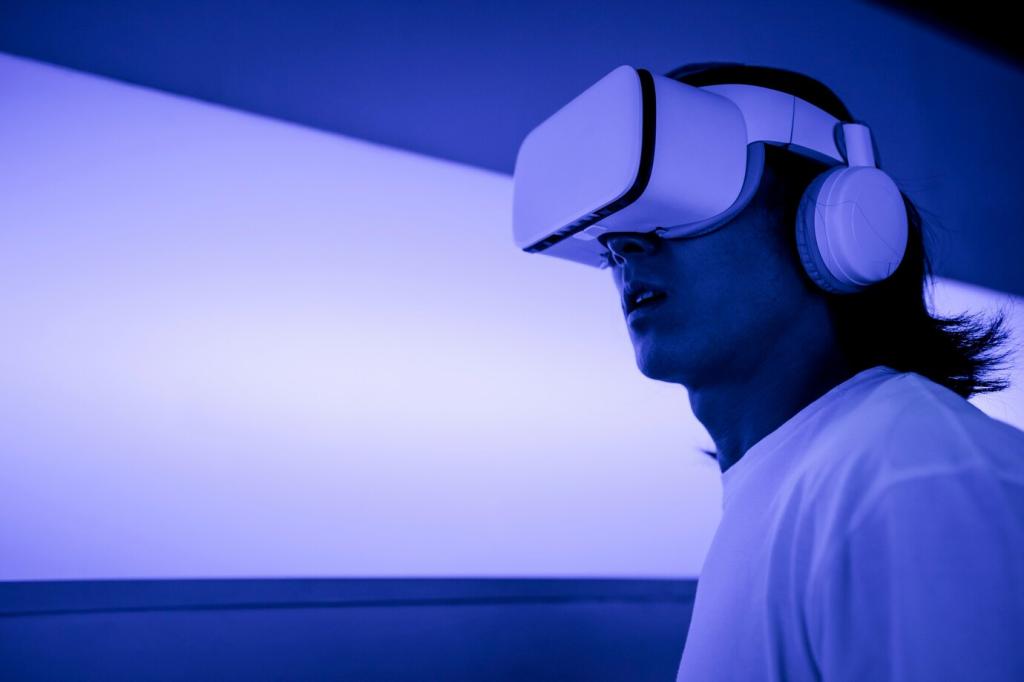AI in Healthcare: Revolutionizing Medical Services
Artificial intelligence (AI) is rapidly transforming the landscape of healthcare by providing innovative solutions that enhance patient care, streamline operations, and accelerate medical research. The integration of AI into healthcare systems is not just an incremental improvement—it’s a revolution that promises higher accuracy, personalized treatment, and improved patient outcomes. As AI-driven technologies continue to advance, their impact is visible in the diagnostic process, patient monitoring, drug development, and the optimization of administrative tasks. In this overview, we explore the critical ways AI is revolutionizing medical services and what this technological shift means for practitioners, patients, and the future of healthcare.

Personalized Treatments and Predictive Analytics

